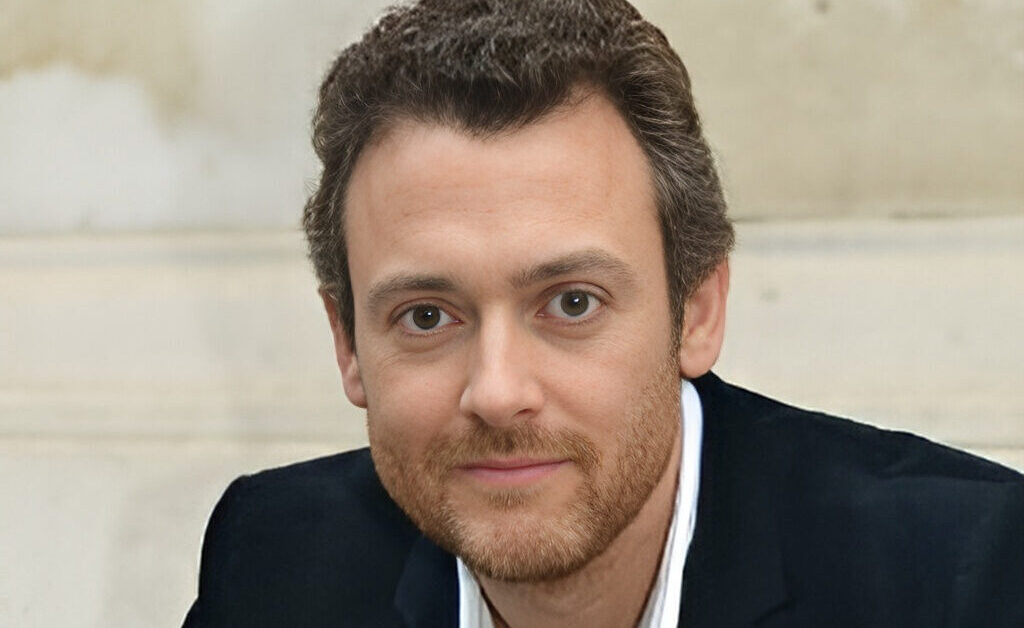
Richard Sullivan: Lessons for building future pandemic resilience into global cancer services and systems
Richard Sullivan shared a post on LinkedIn:
“Building resilient health services and systems has been one of the central pillars of the UN/WHO and World Bank Group for the last ten years. The COVID-19 pandemic put to the sword any idea that progress had been made in this respect.
During the lifetime of the pandemic members of the Cancer and COVID-19 Taskforce produced an extraordinary range of research, including wider work on COVID-19 vaccine inequality. But only now, with the benefit of hindsight, can we have a true sense of what mitigation strategies were put into place for cancer, and whether these worked.
This new systematic review published in the Journal of Cancer Policy gives some idea of the breadth and complexity of what was tried. Similar truths characterize all strategies; there was little evidence to support the mitigation strategies, very few worked, lessons were not learned along the way, and if they were, they were not shared.
Finally, cancer services and systems suffered more impact from delays/abandonment in diagnosis and treatment than for many other diseases. The most damning conclusion from this work is that few lessons have been learned for building future pandemic resilience into global cancer services and systems.”

Source: Richard Sullivan/LinkedIn
Richard Sullivan is a Professor of Cancer and Global Health at King’s College London, where he directs the King’s Institute of Cancer Policy and co-directs the Conflict and Health Research Group. His research spans from global cancer studies to conflict and health, with a focus on capacity building in conflict zones, humanitarian medicine, women’s health, and digital innovation in surgery.
-
Challenging the Status Quo in Colorectal Cancer 2024
December 6-8, 2024
-
ESMO 2024 Congress
September 13-17, 2024
-
ASCO Annual Meeting
May 30 - June 4, 2024
-
Yvonne Award 2024
May 31, 2024
-
OncoThon 2024, Online
Feb. 15, 2024
-
Global Summit on War & Cancer 2023, Online
Dec. 14-16, 2023
